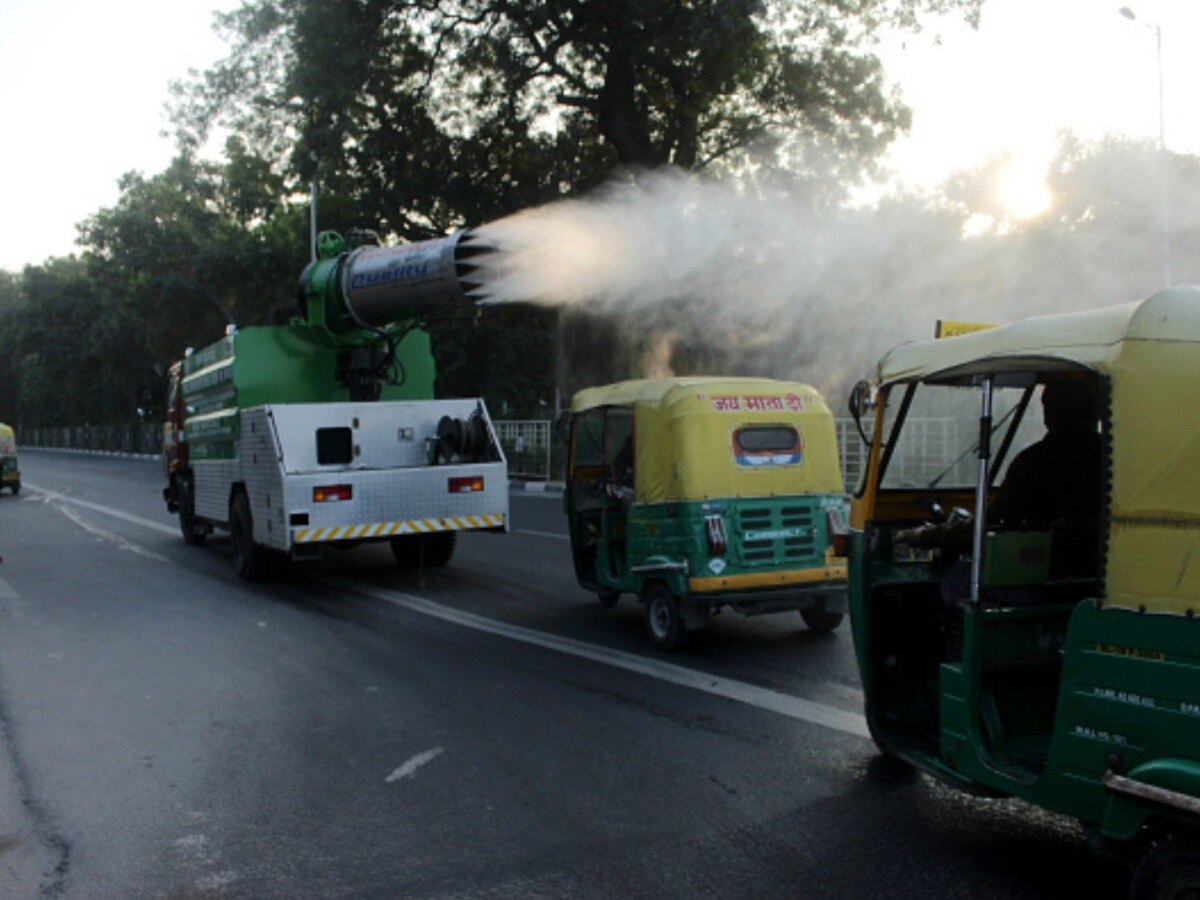The Supreme Court has directed the state governments of Punjab, Delhi, Haryana, UP and Rajasthan to file affidavits stating the steps taken to control air pollution.
A three-judge bench headed by Justice SK Kaul directed them to file an affidavit within a week.
Justices Sudhanshu Dhulia and PK Mishra held crop burning as one of the leading reasons contributing to air pollution in the national capital. Earlier, the Supreme Court had sought a report from the Commission for Air Quality Management (CAQM) on the steps taken to curb pollution in and around Delhi.
This comes as Delhi and other parts of the country especially in the north are reeling under air pollution despite measures to curb the menace. In Punjab, stubble burning continues to be a problem with the state reporting 1,068 farm fires on Sunday - the highest in a day for this season.
Delhi which usually sees the worst air quality during the colder months continued to remain in the 'very poor' category as per data published by the System of Air Quality and Weather Forecasting And Research (SAFAR).
The city's 24-hour average air quality index (AQI) was recorded at 347 at 4 pm on Monday, worsening from 325 on Sunday, 304 on Saturday and 261 (poor) on Friday, according to the Central Pollution Control Board (CPCB). Rohini (406), Wazirpur (416), and Mundka (414) recorded their air quality in the 'severe' zone (AQI above 400). Meanwhile, AQI was 272 in neighbouring Ghaziabad, 300 in Faridabad, 203 in Gurugram, 303 in Noida and 336 in Greater Noida.
An AQI between zero and 50 is considered 'good', 51 and 100 'satisfactory', 101 and 200 'moderate', 201 and 300 'poor', 301 and 400 'very poor', and 401 and 500 'severe'.
The city's air quality deteriorated to 'very poor' on October 28 due to slow wind speed at night and a dip in the temperatures. It is expected to remain in the same category for a few more days, according to the Centre's Air Quality Early Warning System for Delhi.
On October 10, the top court took note of the submission made by senior advocate Aparajita Singh about the rising air pollution in Delhi during the winter season and the issue of crop residue burning. While the matter was adjourned to October 31, it asked CAQM to file a report in the meantime. Singh assists the Supreme Court as amicus curiae (friend of the court) in a public interest litigation (PIL) relating to control of pollution.
Every year, Delhi and the entire NCR have to bear the brunt of air pollution from October to December mainly due to crop residue burnings.


